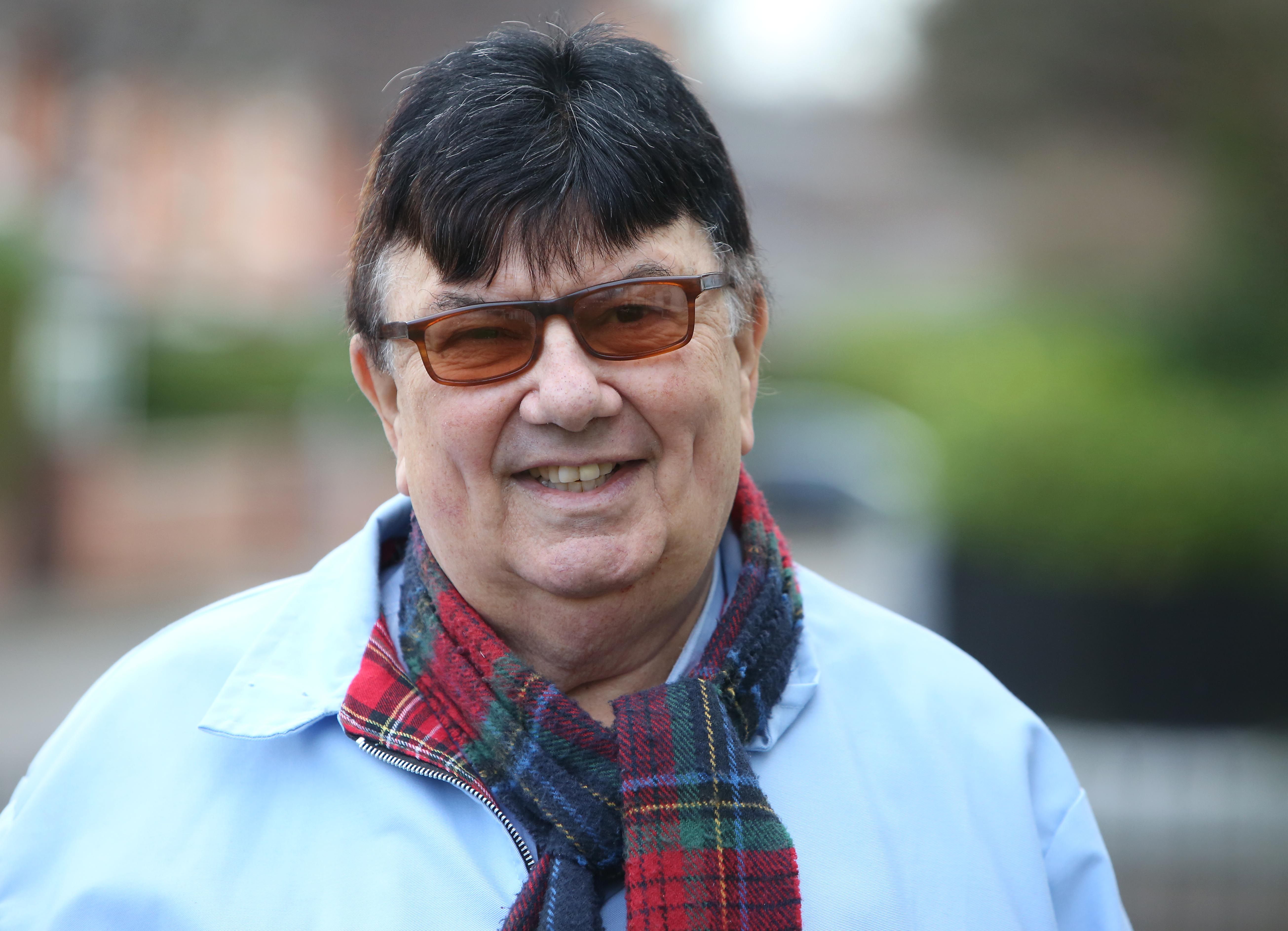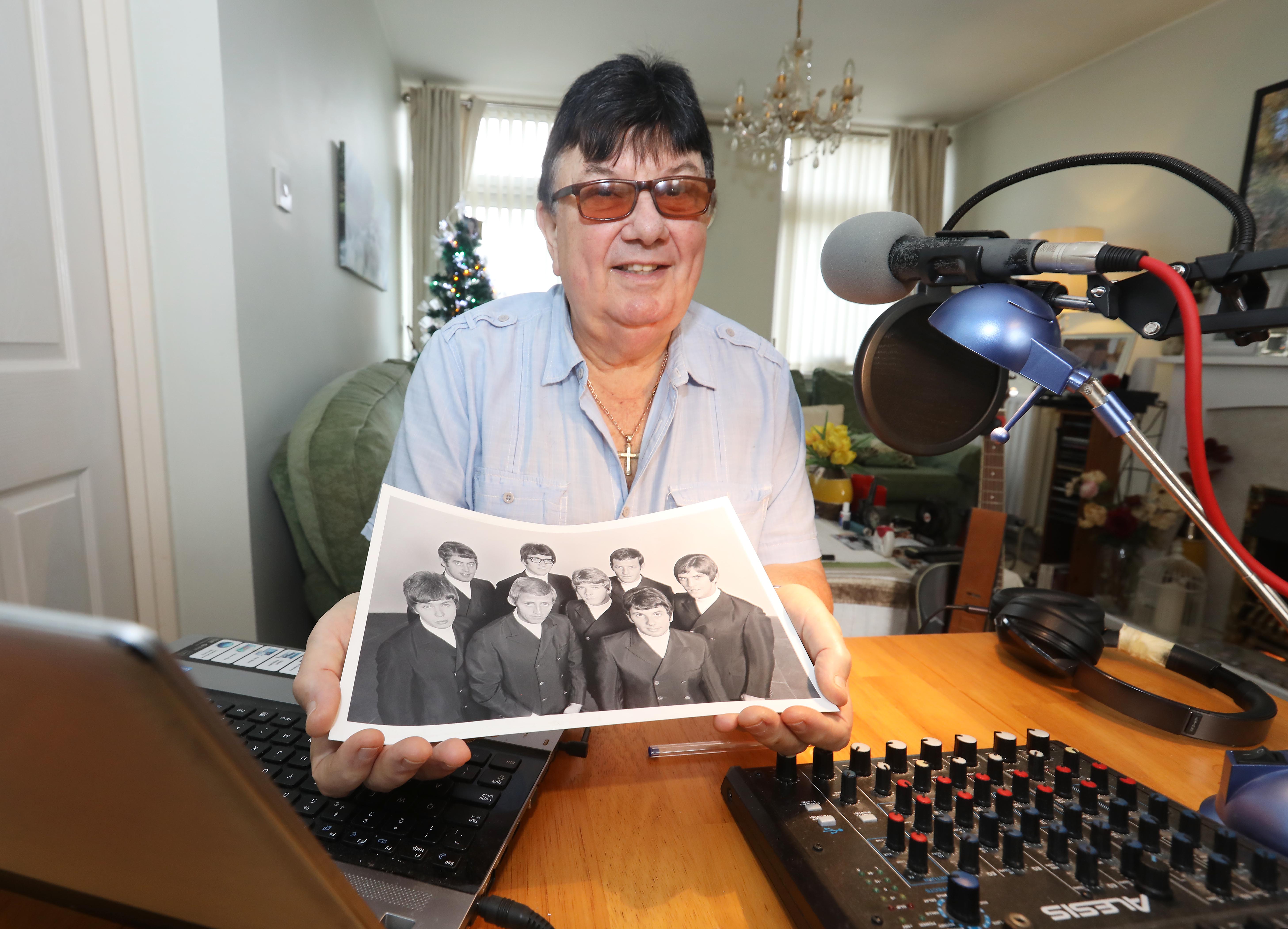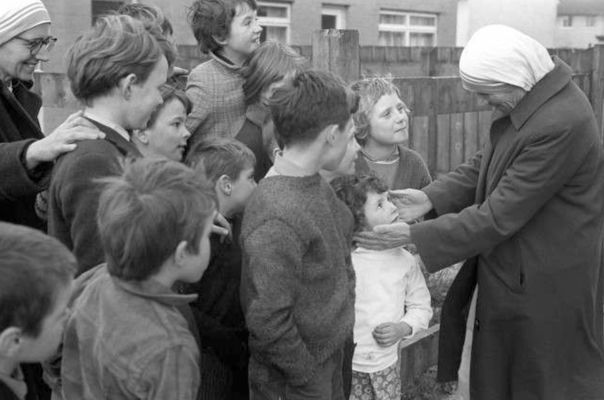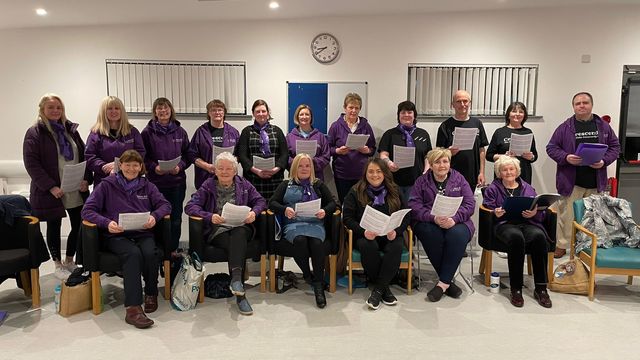SURVIVORS and relatives of those killed in the Miami Showband massacre are to receive close to £1.5 million in damages following legal action against the Ministry of Defence and the PSNI.
The band's frontman Fran O'Toole, guitarist Tony Geraghty and trumpeter Brian McCoy were murdered when the van they were travelling in was stopped at a UDR/UVF checkpoint outside Newry in 1975 following a performance in Banbridge.
Stephen Travers and Des Lee survived the attack but were injured.
On Monday, Stephen Travers was awarded £425,000 and Des Lee – formerly Des McAlea – will receive £325,000 in damages.
The court ruled the personal representatives of Fran O'Toole and Brian McCoy would receive £375,000 and £325,000 respectively.
Recalling the events of that evening, Des Lee, who grew up in Andersonstown, said: “We did our show as normal. When the night was over we got off the stage and went to speak to the fans and sign autographs.
“We went and had a cup of tea and a sandwich in preparation for the trip back to Dublin. We got ourselves into our travelling clothes, packed our bags into the van and headed towards Dublin.
“It was about 2 o’clock in the morning and on this particular night Brian McCoy was driving. I was in the middle seat with Fran and we were playing cards.
“We were flagged down by a light on the main road which was a normal thing for us as we had seen it quite a lot over the years. We thought it was one of the same roadblocks that we had seen many a time before.
“Brian was questioned as to who we were and where we were coming from. We were then asked to get out of the van and face the ditch which we did. We were asked more questions and I heard distinct accents among those who stopped us.
“They were Northern Irish but there was one distinct accent which stood out and that was a rather posh English accent. I have said all along that I believe to this day that that was Captain Robert Nairac.
“When we got our HET report they couldn’t find enough evidence to say that he was there on the night but to this day I am still convinced that he was.”
Des said that he and Stephen asked if they could show them their instruments to prove that they weren’t carrying any explosives or weapons, to which they agreed.
“Instead of going back into the line where I was, I stood next to the van which saved my life. If I had gone back to where I was I would have been next to the person calling the shots.
“We were unaware that at this time, two members of the gang were planting a 10lb bomb under the seats.
“The bomb exploded and I ended up in a ditch, there was screaming and gunfire all around me. All hell broke loose.
“Immediately I put my face straight into the grass and held my breath as long as I could. I waited and I heard commotion and there were comments like 'are you sure all those bastards are dead?'
“Because the van had exploded, it set fire to the ditch which was coming towards me and I realised that I would have to make a run for it. I called out for Fran, Brain and Tony and I got no response.
Des Lee this week
“I called out Stephen Travers’ name and heard him moaning. I told Stephen that I was going up on the road to try and get help. I didn’t know if someone would be waiting to mow me down.
“I ran onto the main road and the scene was an absolute nightmare. There was a lorry that was stopped and I pleaded with him to take me to Newry police station and he refused. He probably thought that I was part of the whole thing going on around him.
“A young couple then arrived and agreed to take me to Newry police station. At that stage I didn’t trust anyone so I got into the back of the car and had my hand on the handle of the door. I kept looking out the window to make sure they were going to Newry.
“The couple dropped me outside Newry police station and I told them what happened. I was screaming and shouting and told them what was going on. They said they couldn’t send anyone out in case they were attacked."
Des had shrapnel in his knee and was taken to Daisy Hill Hospital under police escort to have it removed. Later that day he was escorted to the border before the Garda escorted him back to his home in Dublin.
When he learned of the possibility of state collusion in the attack, Des said that he couldn’t believe it.
“We had been travelling so many times in Northern Ireland and had been stopped so many times by the security forces on numerous occasions and never had a problem.
“We were so friendly with them because we thought that they were only doing their job. So much so that if we had a bottle of whiskey or brandy in the van, we would offer them a drop of it.
“What annoyed me when I heard that it was collusion was that those who were supposed to protect us that night had planned our murder down to the finest detail.
“The planning of this must have taken weeks. It was planned where the bomb would be made on the farm, the military hardware that they used with the firearms, the clothes that they were wearing on the night. Everything was planned to the finest detail.
“I was absolutely horrified when I learned of the involvement of the UDR and the UVF. I was appalled at the fact that those who were supposed to protect us were actually out to murder us on that night.”
For Des, the impact of the attack still affects him to this day, both mentally and physically.
“Fran, Brian and Tony were like family to me, we were brothers. We saw each other more than our families and often worked 31 days without a day off. We were playing to people across Ireland.
“The venue or the area didn’t matter to us. As far as we were concerned, we were non-political. Our job was to entertain people, regardless of their colour, regardless of their creed.
“All our job was to give people two hours of fun and see a smile on their face.”
Des at home in Belfast
The showband scene, at a time of great division in the North was a unifying factor which brought people together in their love of music. At the time of the attack, Fran O’Toole was about to launch his solo career in Las Vegas and for Des, he was looking forward to continuing as his song-writing partner."
After the attack Des didn't want to return to the North.
“There was a period after that that I refused to perform in Northern Ireland. I felt so insecure that I decided to immigrate to South Africa. It was only then that I felt a lot easier than I did living in Ireland.”
In recent years we have seen the Miami Showband story turned into a stage musical by Martin Lynch and Marie Jones. However, Des hopes to commemorate the legacy of his slain bandmates with a permanent memorial in either Newry or Belfast.
“I want a monument in Northern Ireland, whether that is in Newry or Belfast. It wouldn’t be right to have a monument where the massacre occurred as it is off the main road.
“I would like to have it in an area which is non-political. For me, these were three of the most unbelievable guys that you could ever meet. Fran was my absolute soul mate. We wrote all of our songs together. He was so good looking and such a good singer and I knew if he got to America that he was going to make it.
“They are my three brothers and I don’t want them to ever be forgotten. What I don’t understand is why is the bridge in Bray called Fran O’Toole Bridge, why is there a plaque at his home in Bray in County Wicklow, why is there a memorial in Parnell Square in Dublin, yet in Northern Ireland where the massacre took place there is nothing.
“I have pleaded with members of various political parties to get this to happen. Now that we have the court case out of the way, my next goal in life is to see a monument erected.
“I won’t be happy to leave this planet until I see a monument for Fran, Brian and Tony. There wasn’t a bad bone in any of their bodies. All we were interested in was entertainment and that is what we lived for,” he added.
Michael Flanigan, the West Belfast solicitor for the band members and the victims’ families, added: “I am very pleased that the cases are now settled and I am especially pleased that the courts gave permission to the plaintiffs to read out their personal statements.
“It was unusual for them to allow that and it meant a lot to everyone.”







